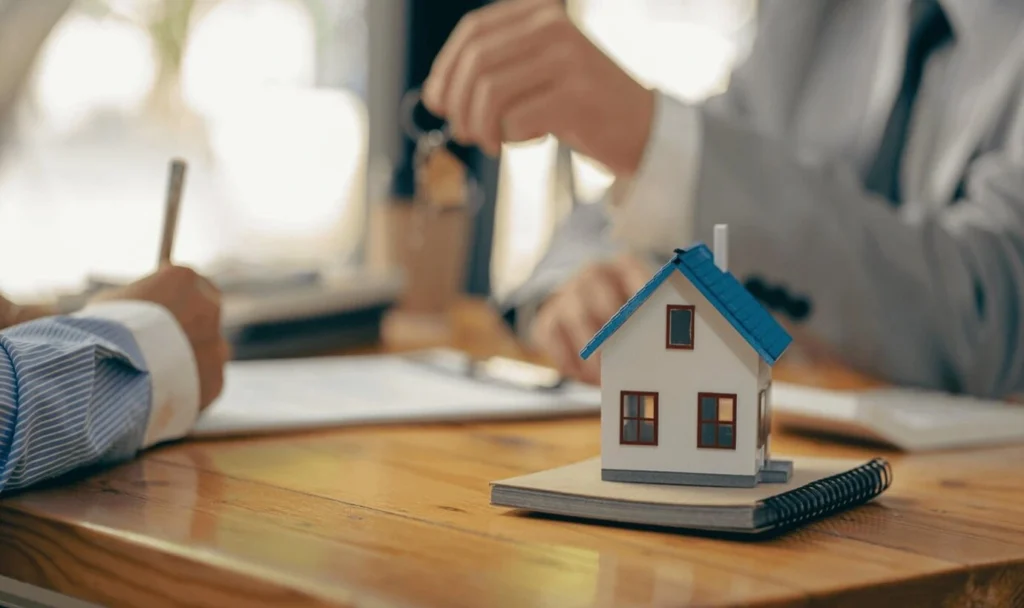If you’re a real estate agent looking to take the next step in your career, earning a real estate broker license is a powerful way to unlock more independence, higher income potential, and new leadership opportunities. While agents must work under a licensed broker, brokers can work for themselves, manage teams, and even launch their own firms.
In this guide, we’ll walk you through everything you need to know — from qualifications to exam prep and career options — so you can confidently move forward on your path to becoming a licensed real estate broker.

Content
Step 1: Gain Experience as a Licensed Real Estate Agent
The journey to becoming a broker starts with being an active real estate agent. Most states require you to have at least 2 to 3 years of full-time work experience and a minimum number of completed transactions before you’re eligible for a real estate broker license.
This experience is crucial — it ensures you’re well-versed in property law, client management, negotiation, and compliance issues that brokers are expected to handle independently.
Step 2: Complete Broker Pre‑Licensing Education
Once you’ve met the experience requirement, you must enroll in a state-approved broker pre-licensing course. These courses go beyond agent-level topics and cover advanced areas of real estate practice:
- Legal and ethical obligations of brokers
- Trust fund handling and escrow
- Office management and supervision
Education requirements range from 60 to 180 hours, depending on your state. Some states allow online learning, while others require classroom instruction.
Step 3: Pass the Real Estate Broker Exam
After completing your coursework, the next step is to pass the real estate broker exam, which is more rigorous than the salesperson exam. The test evaluates your knowledge of:
- Brokerage laws and ethics
- Property valuation and financing
- State and federal real estate laws
Most exams are administered by third-party testing centers such as PSI or Pearson VUE. They often include both national and state-specific sections, with multiple-choice questions.
Prepare by:
- Taking practice exams
- Reviewing your coursework
- Focusing on legal and ethical scenarios
You typically need a passing score of 70–75%, depending on your state’s standards.
Step 4: Apply for Your Real Estate Broker License
After passing the exam, you’ll officially apply for your real estate broker license through your state’s licensing authority. Requirements may vary but usually include:
- Proof of completed education
- Passing exam results
- Application form and state fees (typically $150–$300)
The approval process can take 2 to 6 weeks, so plan accordingly if you’re transitioning from a full-time agent role.
Step 5: Decide How to Use Your Broker License
After getting your license, the big decision is how to use it. Your license gives you a variety of professional options, such as:
Independent Broker
Start your own real estate business and operate under your own brand. You’ll have full control over marketing, contracts, and business strategy.
Managing Broker
Supervise a team of real estate agents within a brokerage. You’ll ensure legal compliance, offer training, and help agents grow.
Associate Broker
Work under another broker but with more authority and income potential than a traditional agent.
Choosing the right path depends on your goals, budget, and leadership style.
Why a Real Estate Broker License Is Worth It
Getting a real estate broker license is more than a credential — it’s a gateway to greater autonomy, leadership, and financial opportunity. Benefits include:
- Higher earning potential through larger commission splits or brokerage profits
- Independence to build your own business, set policies, and manage clients directly
- Flexibility to work in multiple states (with reciprocal licenses)
- Authority in the eyes of clients and colleagues alike
- Access to new markets, such as commercial or luxury real estate
For agents who want to take charge of their careers, becoming a broker is a strategic move.
Career Paths after Earning a Broker License
Once licensed, brokers can specialize or diversify into different roles, such as:
- Broker-owner of a boutique agency
- Commercial broker handling investment properties
- Property manager for rental portfolios
- Real estate coach or mentor for new agents
- Developer liaison coordinating new builds and land deals
With a broker license, you’re not limited to sales — you can expand into management, education, or consulting.
The Bottom Line
Earning a real estate broker license is a major milestone in your professional development. While the process involves time, study, and investment, the rewards — both financial and personal — are substantial.
If you’re ready to take control of your real estate career, start by gaining experience, investing in broker education, and preparing for your state exam. The future of your real estate business could begin with this one step.
FAQs
What’s the main difference between a real estate agent and broker?
Agents must work under a broker, while brokers can operate independently and supervise others.
How long does it take to get a real estate broker license?
Typically 2–5 years, including agent experience, education hours, and licensing.

Hi, I’m Dan and I write blogs for businesses. I’ve been doing this since 1994 and have written over 10,000 blog posts (and counting). I love writing about what you’re passionate about and how to make your business successful. So if you want to know more about blogging or social media marketing, just let me know!




